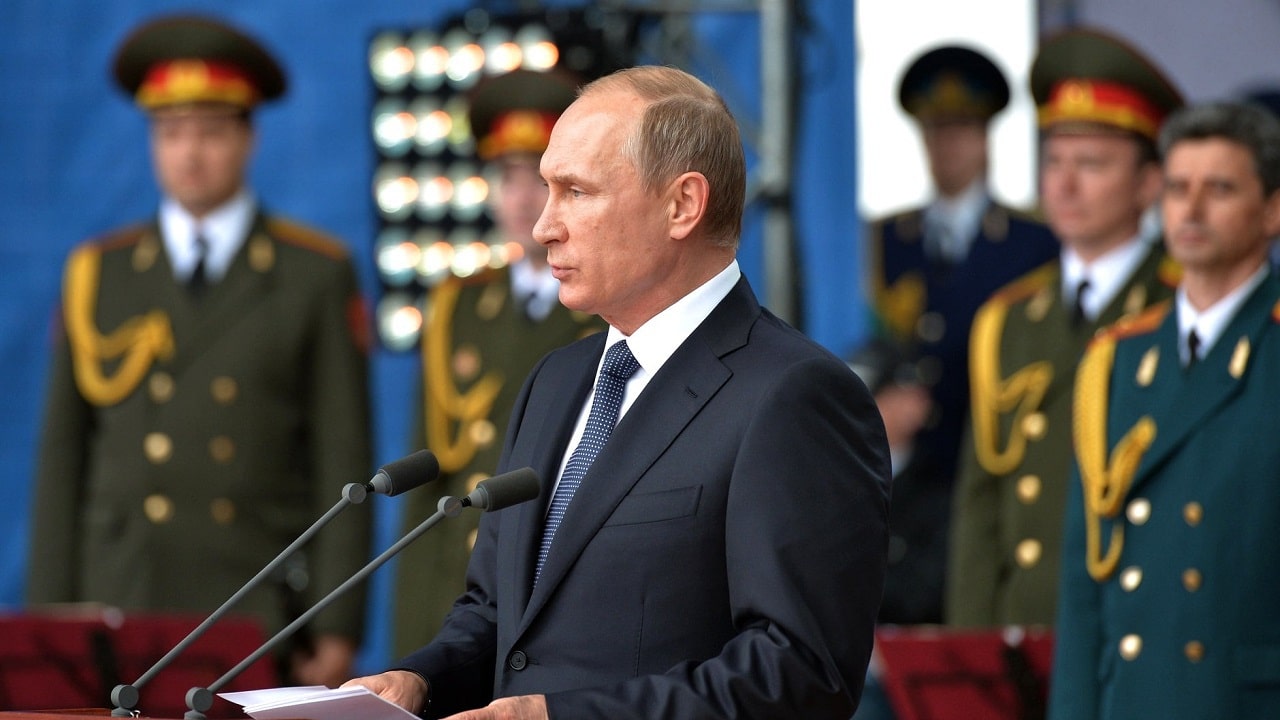As Russia faces growing pressure from the international community to demilitarize the occupied Zaporizhzhia nuclear power plant in Ukraine, the Russian Federation chose to block agreement on the final document of a four-week review of the United Nation’s Nuclear Non-Proliferation Treaty on Friday.
The move is widely considered to be a political ploy to avoid acknowledging the threat its military poses to the safety of the biggest nuclear power plant in Europe.
The 2022 review of the Nuclear Non-Proliferation Treaty, already delayed by two years because of the COVID-19 pandemic, aimed at creating a final document that all countries at the conference could agree to. The document outlines the combined commitment of nuclear-armed states to work towards total nuclear disarmament – a long-term goal that seems unlikely to be achieved any time soon. It also aimed to achieve a consensus agreement for states to curb the spread of nuclear weapons.
What Did Russia Say? Expert Analysis
Deputy Director of the Russian Foreign Ministry’s Non-Proliferation and Arms Control Department, Igor Vishnevetsky, blocked consensus on the agreement on Friday, insisting that many countries other than Russia had a “whole host of issues” in the 36-page final draft.
Specifically, the Russian official pointed to statements within the document that the Kremlin considered explicitly political.
“Our delegation has one key objection on some paragraphs which are blatantly political in nature,” Vishnevetsky said. Sources familiar with the negotiations told Western news outlets that Russia was specifically concerned about a statement expressing “grave concern” over the military activities taking place on the Zaporizhzhia nuclear power plant facilities – activities that Russia claims are necessary to prevent damage by Ukrainian strikes.
What Is the Nuclear Non-Proliferation Treaty?
The United Nations describes the Non-Proliferation Treaty as a “landmark international treaty whose objective is to prevent the spread of nuclear weapons and weapons technology, to promote cooperation in the peaceful uses of nuclear energy and to further the goal of achieving nuclear disarmament and general and complete disarmament.”
The treaty entered into force in 1970 after opening for signature in 1968 and has since remained the only binding commitment to the goal of the disarmament of states with nuclear weapons.
U.S. Department Of State Says Treaty “Remains Strong”
In a statement shared on Sunday, the United States Department of State said that that treaty “remains strong” despite obstructionism from the Russian Federation.
The Department of State accused Russia of blocking consensus on the final document at the conclusion of the Tenth Review Conference of the treaty in order to simply block language that acknowledges the “grave radiological risk” at the Zaporizhzhia nuclear power plant.
“For the Russian Federation to not accept such language in the face of overwhelming international consensus underscores the need for the United States and others to continue urging Russia to end its military activity near ZNPP and return control of the plant to Ukraine,” the statement reads.
“The United States will continue to work alongside the international community to achieve the peace and security of a world without nuclear weapons. “
Jack Buckby is a British author, counter-extremism researcher, and journalist based in New York. Reporting on the U.K., Europe, and the U.S., he works to analyze and understand left-wing and right-wing radicalization, and reports on Western governments’ approaches to the pressing issues of today. His books and research papers explore these themes and propose pragmatic solutions to our increasingly polarized society.

